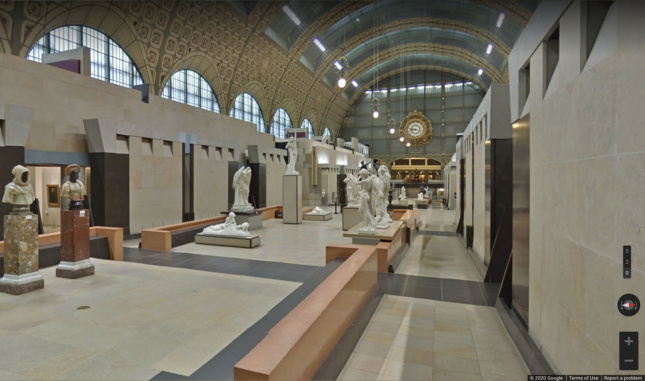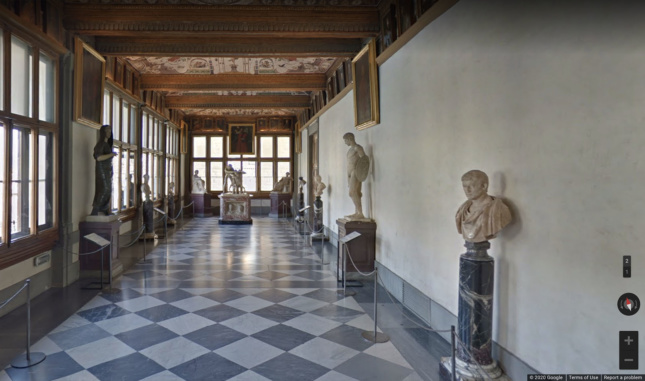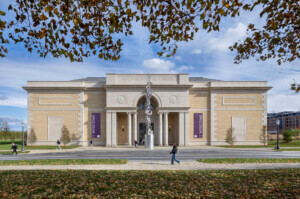In an effort to reduce the spread of the highly contagious coronavirus, nearly all of the world’s public institutions have announced that they will close their doors to the public until further notice. Art museums have been hit particularly hard by the sudden news, as it was announced earlier this week that the majority of New York City’s cultural hubs—including the Guggenheim, The Met, MoMA, and The Whitney Museum of American Art—have all abruptly paused operations despite many of them having new exhibitions that have taken months to prepare. As of now, the situation is no different in nearly every other major city around the world.
Virtual museum exploration, a safe alternative to physical attendance, has therefore taken on new significance in light of the first post-internet pandemic. Google Arts & Culture, the online platform dedicated to providing public access to the collections of some of the world’s most preeminent art museums, developed by Google, has partnered with over 500 global art institutions to open their virtual doors to the public. With the ability to go between the National Folk Museum of Korea in Seoul to the J. Paul Getty Museum in Los Angeles in a matter of seconds, one can ‘travel’ the world to walk through world-famous destinations in a manner never before possible in human history using the same technology developed for the equally impressive Street View feature in Google Maps. While several museums on the website do not yet offer a virtual tour, they provide the next best thing through high-resolution images of their most exemplary artwork.
In some cases, the move to virtual reality has even improved upon the average viewing experience with creative storytelling and behind-the-scenes access. The latest video produced by Google Arts & Culture, for instance, provides a narrated, 360-degree tour of the Chauvet Cave, a natural formation in the south of France filled with humanity’s earliest discovered artworks. By providing an extensively virtual tour of the fragile cave, reserved only for archaeologists and other related professionals, the video ‘digitally preserves what would otherwise be reserved only for textbooks. “Together,” the video description reads, “we bridge 36.000 years of human history by joining state of the art technology and some of the oldest cave paintings left behind by our ancestors.”
As museums and other physical spaces consider strategies for dealing with their newly quarantined audiences, their virtual second lives have the ability to pick up where their physical counterparts left off.














